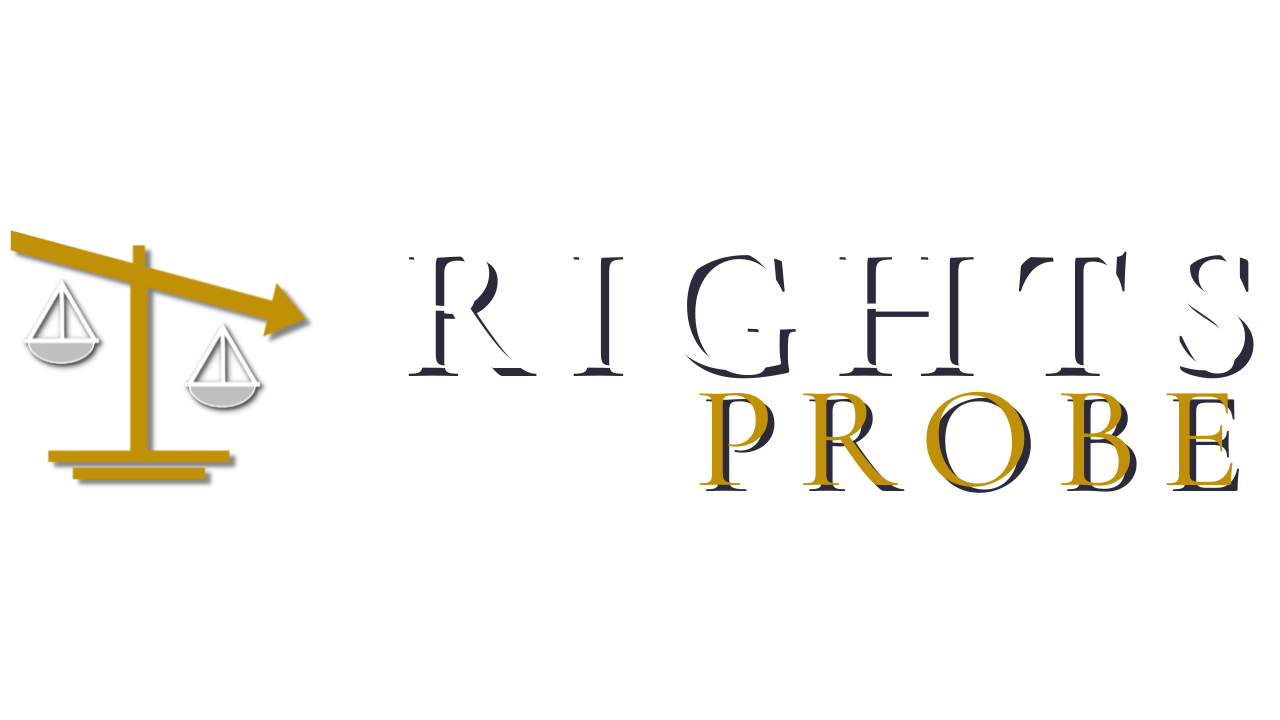Public universities, speech policies, and the law: fourteen maxims
Education and Law Journal, Vol 29, p 27 (2020).
28 Pages Posted: 24 Sep 2020
Bruce Pardy
Queen's University - Faculty of Law
Date Written: August 20, 2020
Abstract
Universities have no legal rationale for restricting the content of speech. Laws that limit speech automatically apply to university campuses as they do everywhere else. Having more limitations on expression inside a lecture hall than on the sidewalk mocks the university’s mission to facilitate the pursuit of truth and the education of its students. While universities have no legitimate reason to control the content of speech, ‘‘time, place and manner” rules protect expression by prohibiting students from disrupting speakers from speaking or audiences from listening. When public universities refuse to respect free speech, provincial governments could require them to do so with simple statutory directives. However, directives that call upon each university to develop its own policy invite policies that instead restrict speech. If public universities will not voluntarily protect speech and provincial governments will not require them to do so, does the Charter of Rights and Freedoms compel them? The answer is unclear and the jurisprudence inconsistent. In any event, in many scenarios the question is a red herring. Academic freedom provisions in collective agreements typically provide faculty with more robust rights than the Charter would provide. Freedom of expression under the Charter is a negative right and therefore of limited utility to students. Public universities have become ideological institutions prone to political correctness and conformity. Prospects for reform seem dim. Without a genuine commitment to free and open inquiry on contentious subjects, there is little reason for the university to exist.
